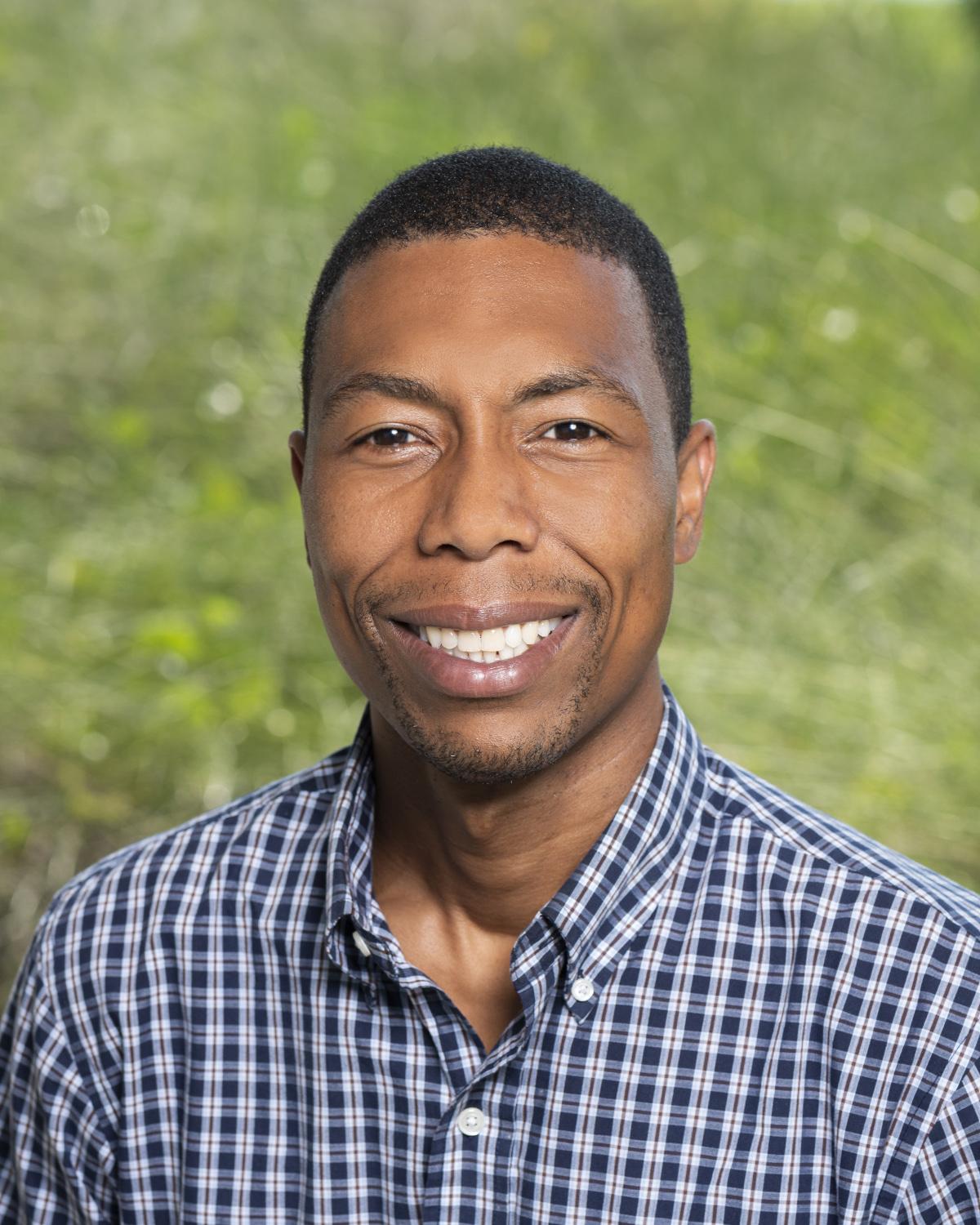Tim Lucas, 919/613-8084, tdlucas@duke.edu
DURHAM, N.C. – David Gill developed an early love for the ocean growing up in Barbados. Seeing firsthand the changes in coral reefs surrounding the eastern Caribbean island only piqued his interest in marine conservation
“It’s a combination of living close to the beach and every Sunday watching Jacques Cousteau documentaries as a kid and being completely fascinated by the ocean and its marine life,” he says.
Gill joined the faculty at Duke University’s Nicholas School of the Environment in July.
"We are fortunate to welcome such an extraordinary young scholar into our community,” says Andy Read, Duke Marine Laboratory director. “David is a perfect fit for us. His quantitative approach to assessing the outcome of marine conservation interventions, such as the establishment of marine protected areas, dovetails with other research programs here at the Marine Lab and will be attractive to students at all levels.”
Gill’s research looks at how people and the environment interact in marine spaces and how stakeholders can sustainably conserve the ocean for the future.
“A lot of that centers around issues with small-scale fisheries, coral reef conservation, marine protected areas as well as management, monitoring and governance,” he says.
By focusing on how those interventions impact marine systems and the communities that depend on them, Gill hopes his research will help produce more effective management options.
Billions of people depend on the ocean for their food and their livelihoods, so studying how different management approaches affect their socioeconomic outcomes is a big part of his research.
“We have to look at the conservation options that are not only good for the environment but also equitable,” says Gill, adding that this is especially the case in the developing world. “That way we don’t further marginalize those depending on the oceans.”
Gill, who conducts the majority of his research using global marine datasets as well as in coastal communities from the eastern Caribbean to Central America, says there is urgency in his work.
“Oceans are underdoing some drastic changes right now,” he says, explaining that for example, they could be inhospitable for coral reefs in only a few decades if nothing changes. “Immediate action needs to be taken.”
“Fortunately, there’s been a lot of efforts at the global and local scale where people have come together to conserve oceans. One of the biggest examples is the establishment of marine protected areas”
Within the last few decades, the amount of protected areas has ballooned, he says. More than 7 percent of the world’s ocean – 25 million square kilometers or almost 9.7 million square miles – is under some type of protection.
That’s why it is of growing importance to know how well they’re working and how we can design them to be more effective.
Gill will teach a class on marine protected areas next spring. The course will focus on how we design them, how we factor in the local context, as well as how we monitor and gauge their success.
Gill received his PhD in 2014 from the Centre for Resource Management and Environmental Studies (CERMES) at the University of the West Indies in Barbados. He arrives at Duke following postdoctoral fellowships at the National Socio-Environmental Synthesis Center (SESYNC), George Mason University and Conservation International.
He hopes his experience with consulting and NGOs will also be useful for students who are interested in non-academic careers.
Gill, who will spend the fall conducting data analysis as part of his research, says he’s excited about the opportunity to work with the Duke Marine Lab’s research community.
“There’s great research at the Marine Lab that is producing cutting-edge science around the world,” he says. “Just seeing the work that folks do there, I thought, ‘yeah, this is definitely a good fit,’” he says.
“The view isn’t bad either.”
###

